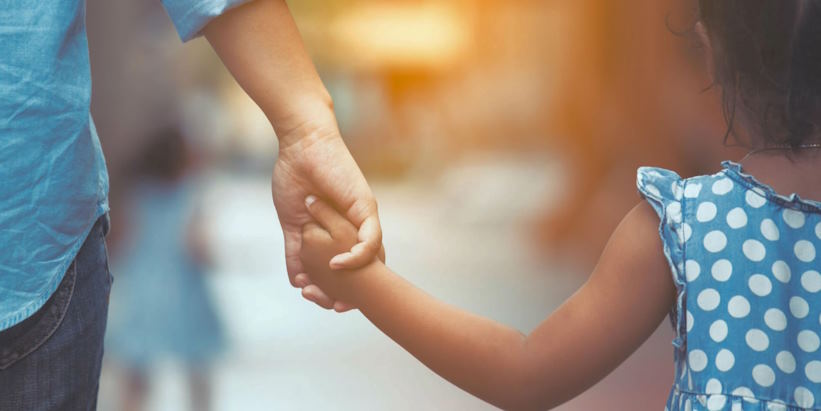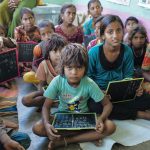Here we speak about the most vulnerable members of society who possess an inherent right to a safe, nurturing, and fulfilling childhood. Their rights, often taken for granted by adults, are not merely privileges but fundamental guarantees that lay the foundation for their well-being and development. Understanding how these rights are protected is paramount in a constantly evolving world.
In what way children’s rights are usually protected?
Children’s rights, encompassing their right to life, education, health, and protection from harm, are not just lofty ideals but fundamental guarantees enshrined in international conventions and national laws.
The Legal Framework: United Nations Convention on the Rights of the Child (UNCRC)
This convention, a landmark treaty adopted in 1989, is at the heart of children’s rights protection. The UNCRC sets out a comprehensive framework for children’s rights and is ratified by the vast majority of countries worldwide. It defines children’s rights and outlines governments’ obligations to ensure their protection, survival, and development.
National Legislation and Enforcement
The UNCRC provides a blueprint, but it is up to individual nations to enact laws and establish mechanisms to protect children’s rights at the national level. Many countries have created specific child protection agencies and ombudspersons to oversee the implementation of children’s rights and address violations.

The Role of Government and Civil Society
Governments play a pivotal role in children’s rights protection by creating policies, allocating resources, and establishing educational and healthcare systems. Civil society and non-governmental organizations (NGOs) also contribute significantly through advocacy, research, and direct support services for children and families.
Education and Awareness
Raising awareness about children’s rights is essential. Schools, community organizations, and the media all have roles in educating children and adults alike about these rights. An informed society is more likely to protect and uphold the rights of its children.
International Cooperation
Children’s rights protection is not limited to national boundaries. International organizations, such as UNICEF, facilitate cooperation among nations to address global challenges affecting children, including access to clean water, nutrition, and education.
As we navigate an ever-changing world, we must continue to prioritize children’s rights, ensuring they have the opportunity to grow, learn, and thrive in a safe and nurturing environment.









